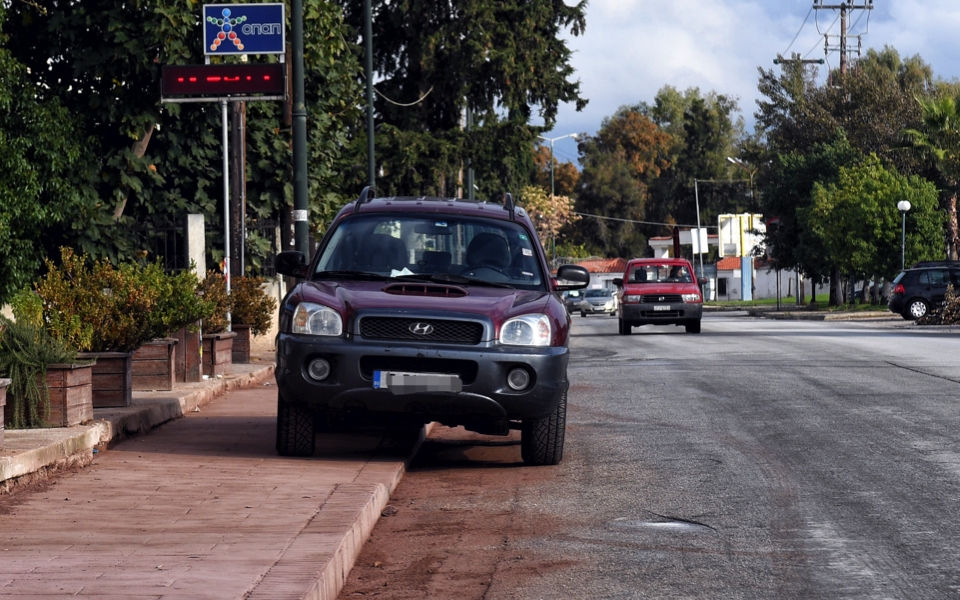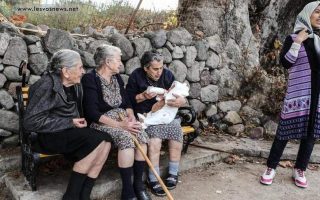Do as I do: Survey sets out to measure the impact of Greek migrants’ newfound norms

Do the perception and the attitude of Greeks toward corruption and lawlessness change when they move to a foreign country? And what is the impact of this change on their family and friends back home?
According to a survey conducted recently as part of the Greek Diaspora Project by the South East European Studies program at Oxford (SEESOX), the answers to these two questions, respectively, are “Considerably” and “Not much.”
The study, which was carried out by Kostas Papangelopoulos and Ortrun Merkle of Maastricht University, was based on extensive interviews with Greeks who have migrated to the Netherlands, Germany and the United Kingdom.
Researchers found that living in societies that are more law-abiding, with efficient public services and institutions that monitor law enforcement, led to a shift in the views and behavior of the majority of people who took part in the survey.
Change was evident in the form of lower tolerance toward dysfunctional public services and toward routine violations of rules and regulations (such as traffic violations, fare-dodging on public transport and the non-issuance of receipts). Respondents said they felt that their stance was influenced by their exposure to the new social environment which made them adopt stricter standards.
Most of the respondents said they had made efforts to pass on their new beliefs regarding corruption and law-breaking behavior to their family and friends back home. However, the “findings suggest limited social remittances.”
Among the factors impeding the impact of social remittances identified by researchers was a lack of individual agency. Respondents used the terms “passiveness,” “pessimism” and “compromise” to describe the situation at home.
“My friends… don’t expect anything… As years pass and things remain unchanged, they feel they lack the internal strength to change them. So they have simply accepted things as they are and try to ‘process’ them in a way that doesn’t influence their everyday life negatively,” Vasilis, a young business executive living in the Netherlands, told researchers.
Papangelopoulos explains that those among the respondents who did make an effort to influence their family and friends had low expectations about the outcome, perhaps because they too are imbued with the “this-is-Greece” dogma.
Speaking to Kathimerini, the Greek researcher underscored the role of the financial crisis in intensifying the sense of resignation over the prospects of genuine improvement, in a context where many people were too busy waging an everyday struggle for survival.
Nevertheless, the study suggests there are still ways that the beliefs of the Greeks who have left the country can have a positive effect on the situation in Greece. This, the researchers say, could happen with the help of online platforms allowing for interaction and the exchange of experiences between migrants and Greek citizens. It could also happen through more formal initiatives, such as the organization of seminars and task forces made up of migrants.
Finally, they point out that the resurgence of a sizable, young Greek diaspora in the years following the outbreak of the financial crisis “makes the question of voting from abroad topical again.”





